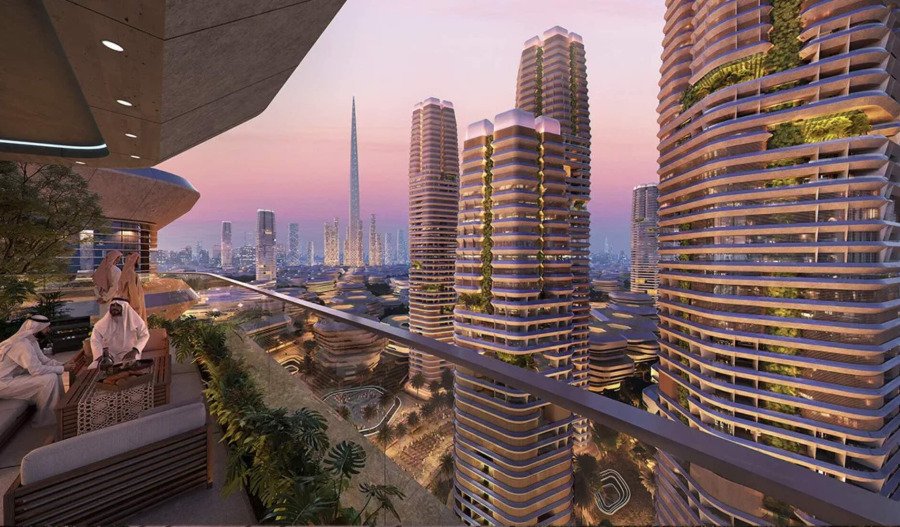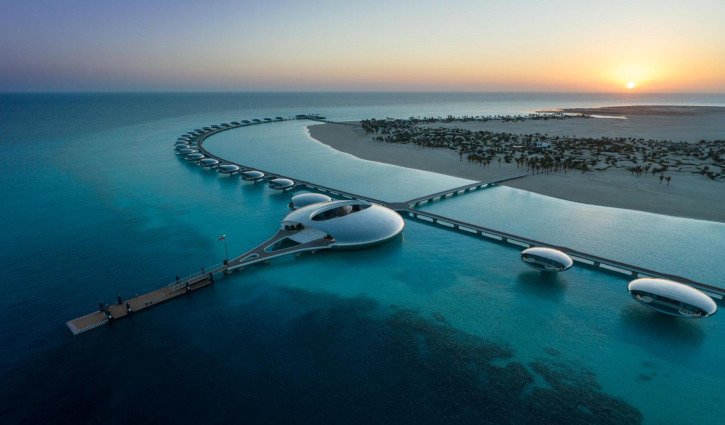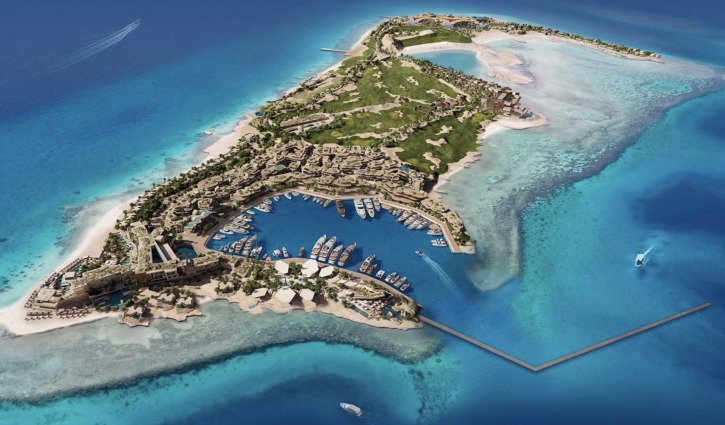In a historic policy shift, Saudi Arabia has approved legislation allowing foreign nationals to own property across the kingdom — including, for the first time, in the holy cities of Mecca and Medina — under tightly regulated conditions.
The law, passed by the Saudi Cabinet and chaired by Crown Prince Mohammed bin Salman, is set to take effect in January 2026.
Ownership in Mecca and Medina will be restricted to Muslims and confined to designated zones and major developments such as Masar Makkah.
The Real Estate General Authority will publish detailed executive regulations within 180 days, outlining geographic eligibility, buyer criteria, and compliance mechanisms.
The reforms are part of Saudi Arabia’s broader Vision 2030 strategy to diversify its economy and attract foreign investment beyond oil.
Foreigners will be permitted to purchase residential and commercial properties in cities like Riyadh and Jeddah. Direct ownership rights are granted to individuals holding valid residency permits and international companies with local presence.
The move triggered a rally in Saudi real estate stocks, with some developers gaining over 6% on the Tadawul exchange.
Officials have stated that the law aims to improve project quality and increase housing supply, not to inflate prices.
For global investors, particularly those focused on the luxury and religious tourism markets, the implications are significant.
While direct ownership in Mecca and Medina remains limited, foreign participation via publicly listed real estate firms is permitted, offering exposure to high-demand assets.
Analysts expect the reforms to unlock billions of foreign capital and reshape Saudi Arabia’s real estate landscape.
However, challenges remain, including limited mortgage options and regulatory hurdles for non-Saudis.
The law’s success will depend on its transparent implementation and balance of openness with cultural and economic safeguards.



